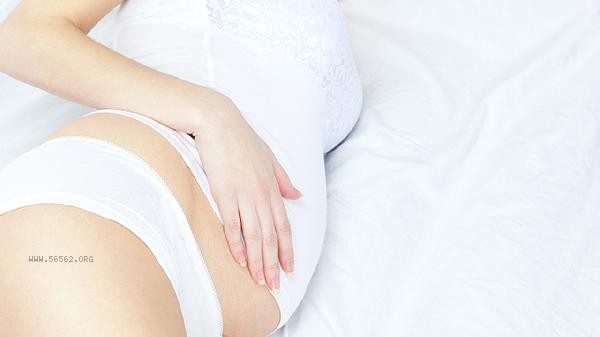Low creatinine in late pregnancy is usually a normal physiological phenomenon, mainly related to factors such as increased blood volume, elevated glomerular filtration rate, fetal growth and development needs, changes in nutritional intake during pregnancy, and dilution of metabolites.

1. Increased blood volume: During pregnancy, the blood volume of pregnant women will significantly increase by 40% -50%, leading to dilution of creatinine concentration in the blood. This physiological blood dilution phenomenon is one of the main reasons for low creatinine in late pregnancy, and usually does not require special intervention. It will gradually return to normal after delivery.
2. Elevated glomerular filtration rate:
Increased renal blood flow during pregnancy increases glomerular filtration rate by about 50%, accelerating the excretion of metabolic waste such as creatinine. This compensatory change belongs to normal physiological regulation during pregnancy, and may be accompanied by an increase in urine output during examination, but it will not affect renal function.
3. Fetal development needs:
Rapid fetal growth requires a large amount of amino acids and other raw materials, and creatinine, as a muscle metabolite, may be prioritized for fetal tissue construction. This situation often occurs after 28 weeks of pregnancy and may be associated with rapid weight gain in pregnant women.

4. Changes in nutrient intake:
Decreased appetite or deliberate control of protein intake in late pregnancy may lead to a decrease in creatinine production. Commonly seen in pregnant women with severe vomiting or vegetarians, it may be accompanied by abnormal nutritional indicators such as decreased serum prealbumin levels.
3. Dilution of metabolites:
The retention of water and sodium during pregnancy increases the total volume of body fluids, and the concentration of all blood biochemical indicators may decrease. This situation belongs to the unique hemodynamic changes during pregnancy and requires comprehensive judgment based on urine routine and other examinations. When creatinine levels are low during late pregnancy, it is recommended to maintain a daily intake of 70-100 grams of high-quality protein, with priority given to absorbable proteins such as fish, shrimp, poultry, eggs, and milk. Moderate low-intensity exercise such as walking and yoga for pregnant women can promote metabolism and avoid prolonged bed rest. Monitor blood pressure and urine protein every week. If symptoms such as edema or dizziness are present, seek medical attention promptly. Pay attention to supplementing with multivitamins and iron supplements, ensure a daily water intake of 1500-2000 milliliters, and regularly check kidney function and blood routine.










Comments (0)
Leave a Comment
No comments yet
Be the first to share your thoughts!